“Technology enabler” is one of those bits of industry jargon that is often misunderstood because it uses a word that we all know in a very different context. If your therapist tells you you’re an enabler, that connotes a problem you’ve got to dig into, a behavior of yours that negatively affects you and your relationships. But when someone refers to a piece of tech as an enabler, your road ahead is much easier to travel. A technology enabler assumes the responsibility of all the tangential things that are required to do business, so that the people who work there can focus on the mission.
Enabling the Present
In his recent interview with Pharmaceutical Commerce (PC), our Chief Marketing/Product Officer & Managing Partner, Christopher Catterfeld, used this phrase to describe Iptor. He was speaking about our software, but more specifically about how our pharma-focused ERP solution can really benefit small pharma companies and startups.
In the interview, Catterfeld spoke about the unique challenge of pharma, how the nature of the industry not only means that there are complex, ever changing regulations but that these apply equally to small companies as well the larger ones. The challenge with this becomes apparent when laws like the Drug Supply Chain and Security Act (DSCSA) come into effect, requiring that pharma distributors must ensure that all entities in the supply chain comply with the regulations. However, with many companies using legacy software, this can present a real headache. Therefore there is a real need for many of these business to upgrade their systems and processes—and to do so in a way that’s interoperable with those in their supply chain
This was the impetus behind our entry package, which comes pre-configured with a focus on compliance. Asked by PC whether the decision to target startups was a business strategy, Catterfeld replied that it was “more a strategy to introduce best practices that we are seeing from larger customers.” And of course to do this in an easy way, given the limited resource smaller companies have. Noting our history working with many big names in the industry, he elaborated:
![]() We are not the ones who interpret or give legal advice, but certainly we can share what’s happening with some of our peers that are larger and who are around the table when things are discussed about new pieces of legislation.
We are not the ones who interpret or give legal advice, but certainly we can share what’s happening with some of our peers that are larger and who are around the table when things are discussed about new pieces of legislation.
Iptor’s focus on pharma gets us a seat at that table, and the seat at that table sharpens our focus on the industry as a whole. And all of this enables us—there’s that word again—to double down on that focus. The result is that we can get companies up to regulatory speed, quickly and efficiently, so they are free to focus on their core business.
Enabling the Future
The pandemic is the ultimate “What if?” scenario that no one really planned for, and it shook a lot of industries from complacency. There’s no question the world has learned a lot of lessons from the continuing presence of Covid-19. One of those is the importance of future-proofing. And not just for pandemics: if the DSCSA has shown us anything it’s that pharma companies need to be prepared to adapt to any unforeseen change, and quickly.
Catterfeld touched on this during his interview. Speaking about the pharma industry, he noted that “without technology, it’s almost impossible, in my point of view, to stay in business.” He said this in response to a question about how embracing new technology can take the headache out of regulatory compliance implementations, but the implications are broader than that. It turns out that meeting the challenges of the present has a direct impact on the future.
![]() I think the beauty of this is adjustment is going to become easier…the requirement to comply with these regulations is going to mandate that you get to a decent level of technology support. So every further change is going to be simpler.
I think the beauty of this is adjustment is going to become easier…the requirement to comply with these regulations is going to mandate that you get to a decent level of technology support. So every further change is going to be simpler.
In other words, the tech you invest in now sets you up for success in the future. There are two years left to meet the DSCSA deadline, but that doesn’t mean regulations will end there. And our focus on pharma means two important things:
- We keep up with all the latest regulations and compliance issues
- Our customers are telling us the real-world implications of these regulations
This is how we function as a technology enabler. Remember how we said earlier that a tech enabler handles all the tangential requirements to doing business so that companies can just focus on their mission? Well, those two bullet points represent our core business. It’s how we focus on our mission. It makes us more than a supplier of software; we’re a partner to our customers. And it’s how the Managing Partner of our software business ended up getting interviewed by Pharmaceutical Commerce, a trade publication from another industry.
Check out the full interview for more details on how Iptor is enabling the present and the future of the pharmaceutical industry.

